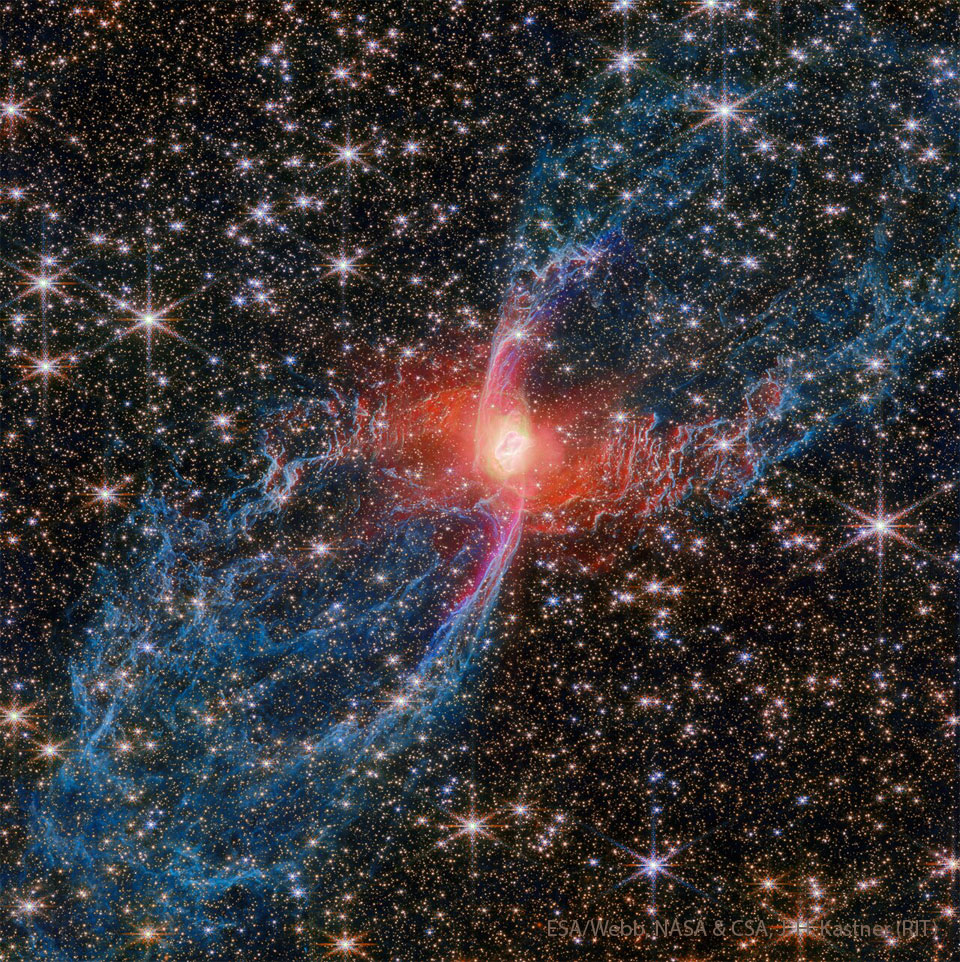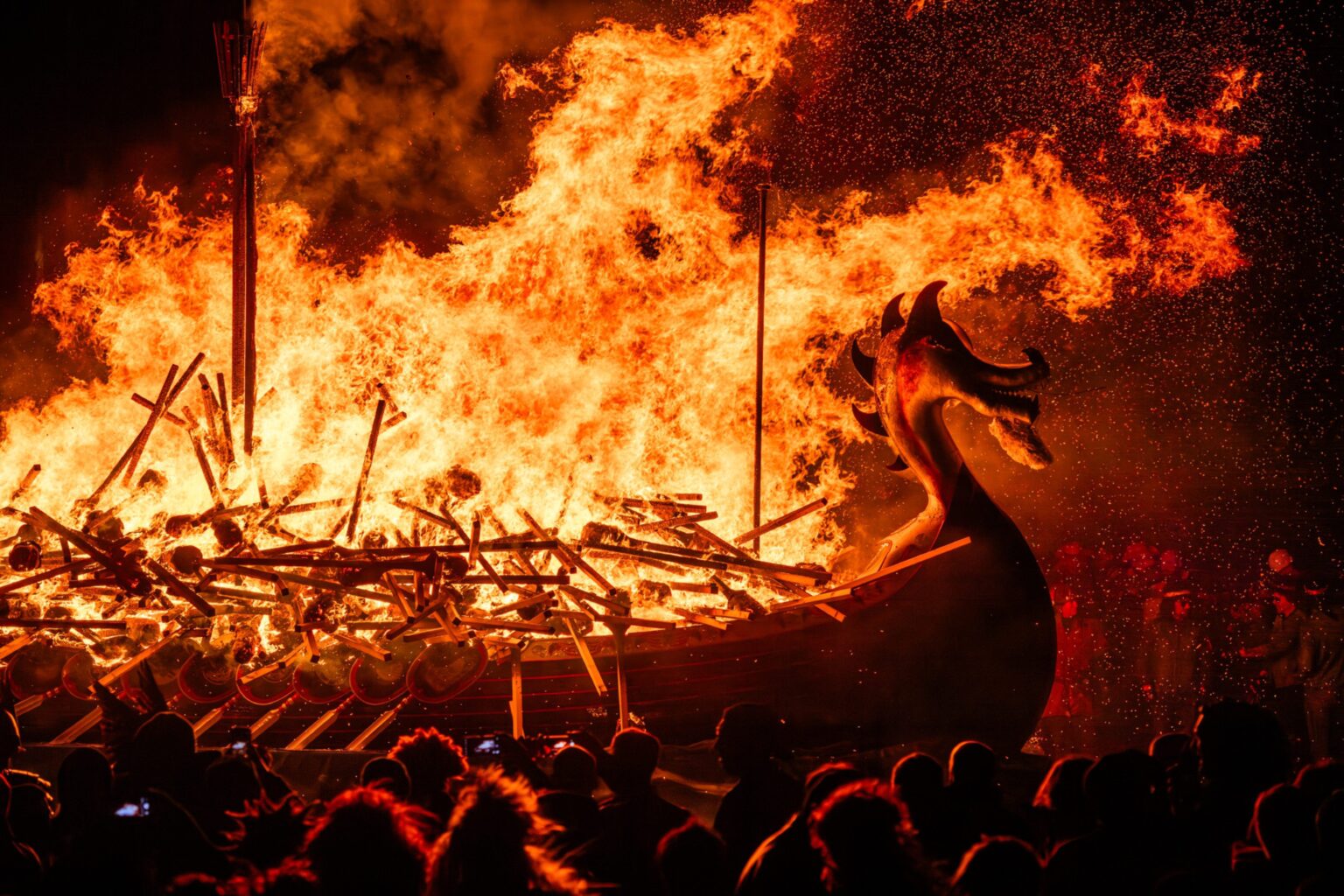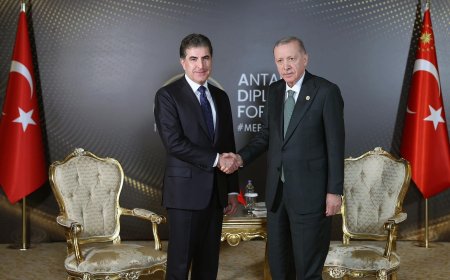From Erbil to Washington: How the Kurdistan Presidency Shapes Regional Stability
Assist. Prof. Dr. Seerwan Anwer Majeed
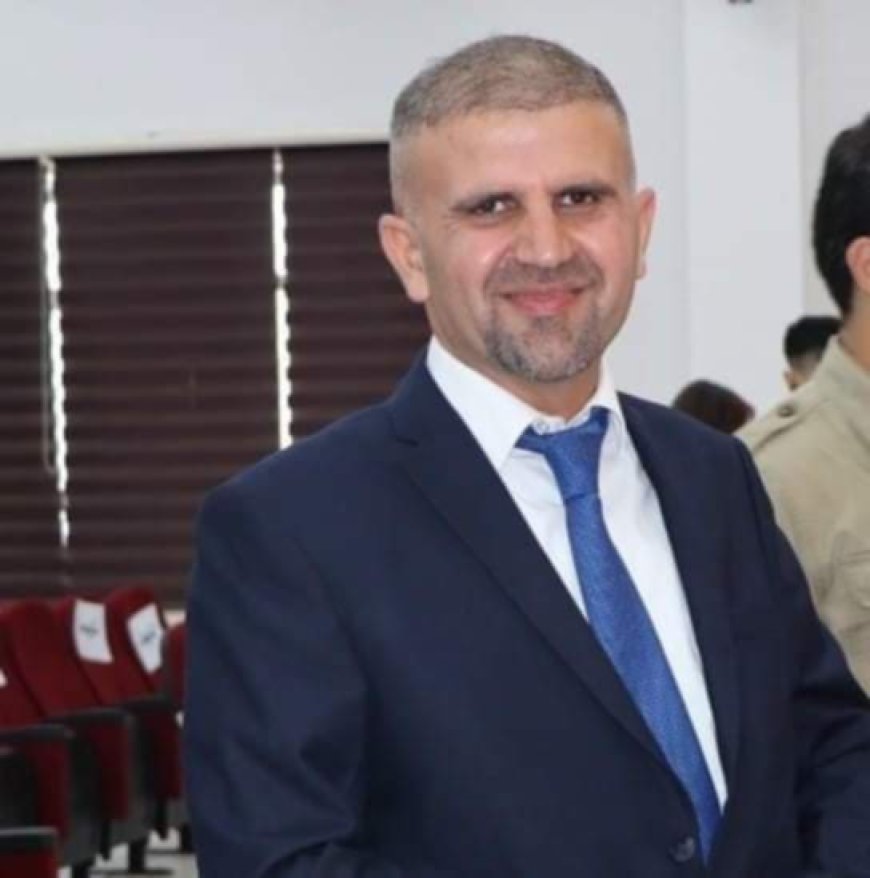
In a Middle East defined by volatility, the Presidency of the Kurdistan Region stands out as a rare voice of reason and balance. Steering beyond partisan divides, the leadership has positioned itself as a stabilizing force at a time when political rifts are shaking both Iraq and the wider region.
The presidency’s philosophy is clear: stability and prosperity thrive where governance is strong and inclusive, paving the way for peace and coexistence. But at its core, the leadership believes Kurdistan’s strength lies not in the power of any single party, but in the diversity and cohesion of its people.
Speaking recently in Nineveh, the President described the province as a “miniature Iraq,” home to Arabs, Kurds, Turkmens, Christians, Yazidis, Kakais, and Shabak. This framing goes beyond geography, presenting a political vision where Nineveh symbolizes Iraq’s potential unity through respect for diversity. Here, elections are not merely contests of influence—they are opportunities to rebuild trust between communities.
The presidency consistently emphasizes that Iraq’s next phase should focus on implementing the constitution rather than interpreting it. Respect for the constitutional framework is, in its view, the key to justice and balance—between Baghdad and Erbil, and among all Iraqi communities.
Internationally, the Kurdistan Presidency has earned a reputation as a stabilizing actor. Its careful diplomacy and balanced relations with Baghdad, Ankara, Tehran, and Washington have made the region a trusted partner and an influential mediator in complex regional dynamics. Former U.S. President Donald Trump publicly praised President Nechirvan Barzani for his efforts in maintaining stability and combating terrorism—a testament to the growing international recognition of the Kurdistan Presidency’s role in balancing national and regional interests.
Erbil has become a hub for dialogue—political, economic, and humanitarian—reflecting leadership that prioritizes statecraft over partisan interests and conversation over conflict. The presidency’s commitment extends to the Peshmerga forces, hailed as “brave and heroic defenders from Nineveh,” emphasizing that protecting land and dignity is a shared responsibility beyond ethnic and political lines.
Through this approach, the Kurdistan Presidency is redefining leadership: not as the representation of a party or faction, but as a state institution devoted to stability, coexistence, and effective governance. If this course continues, the region is steadily charting a path guided by realistic vision, political wisdom, and a strong sense of national responsibility.
In times of turbulence, the presidency demonstrates that leadership in Kurdistan is not just political authority—it is an art of managing balances, safeguarding diversity, and building trust internally and internationally. In doing so, the region becomes a living example of moderation, wisdom, and constructive leadership in an often chaotic neighbourhood.

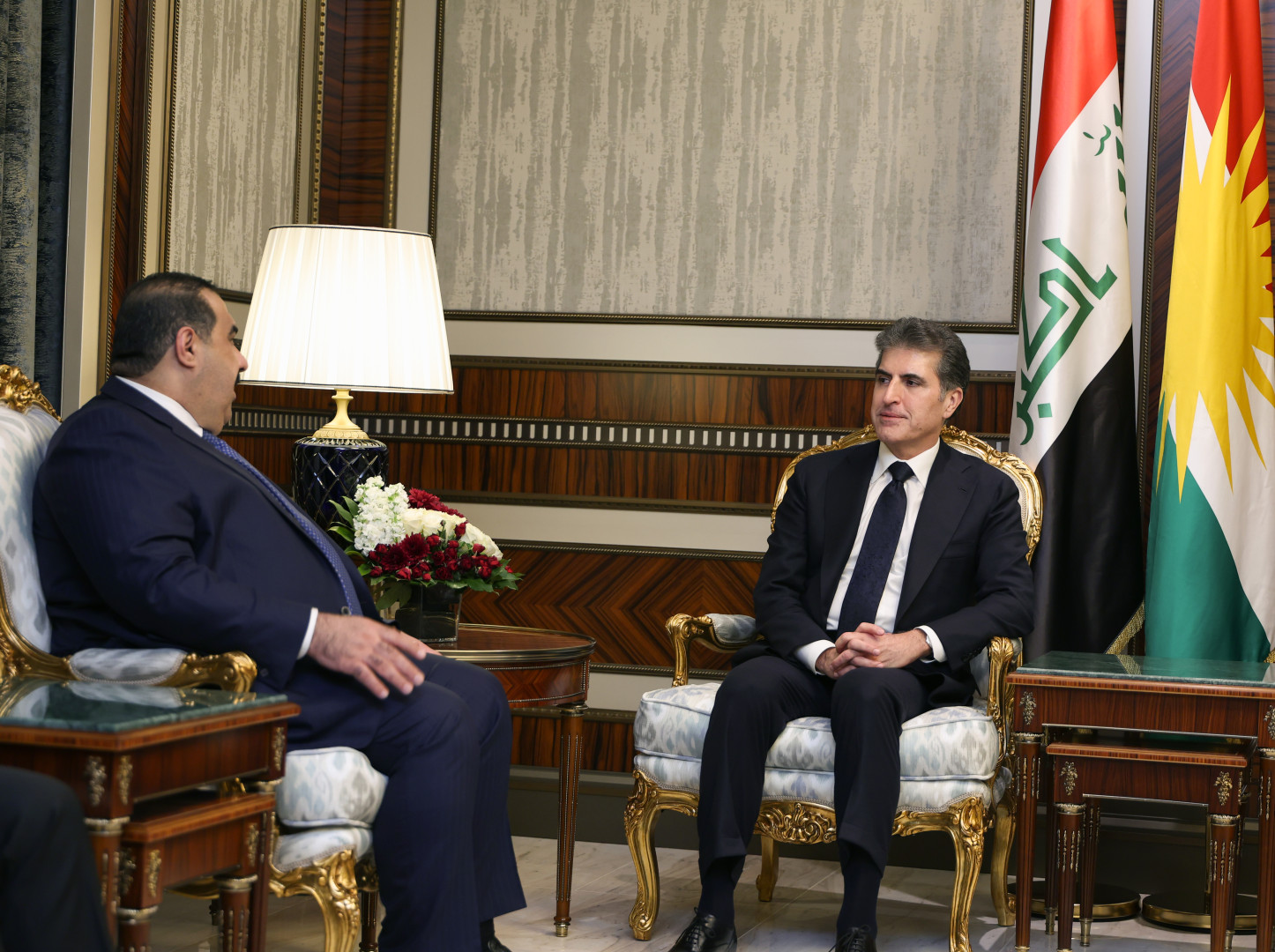

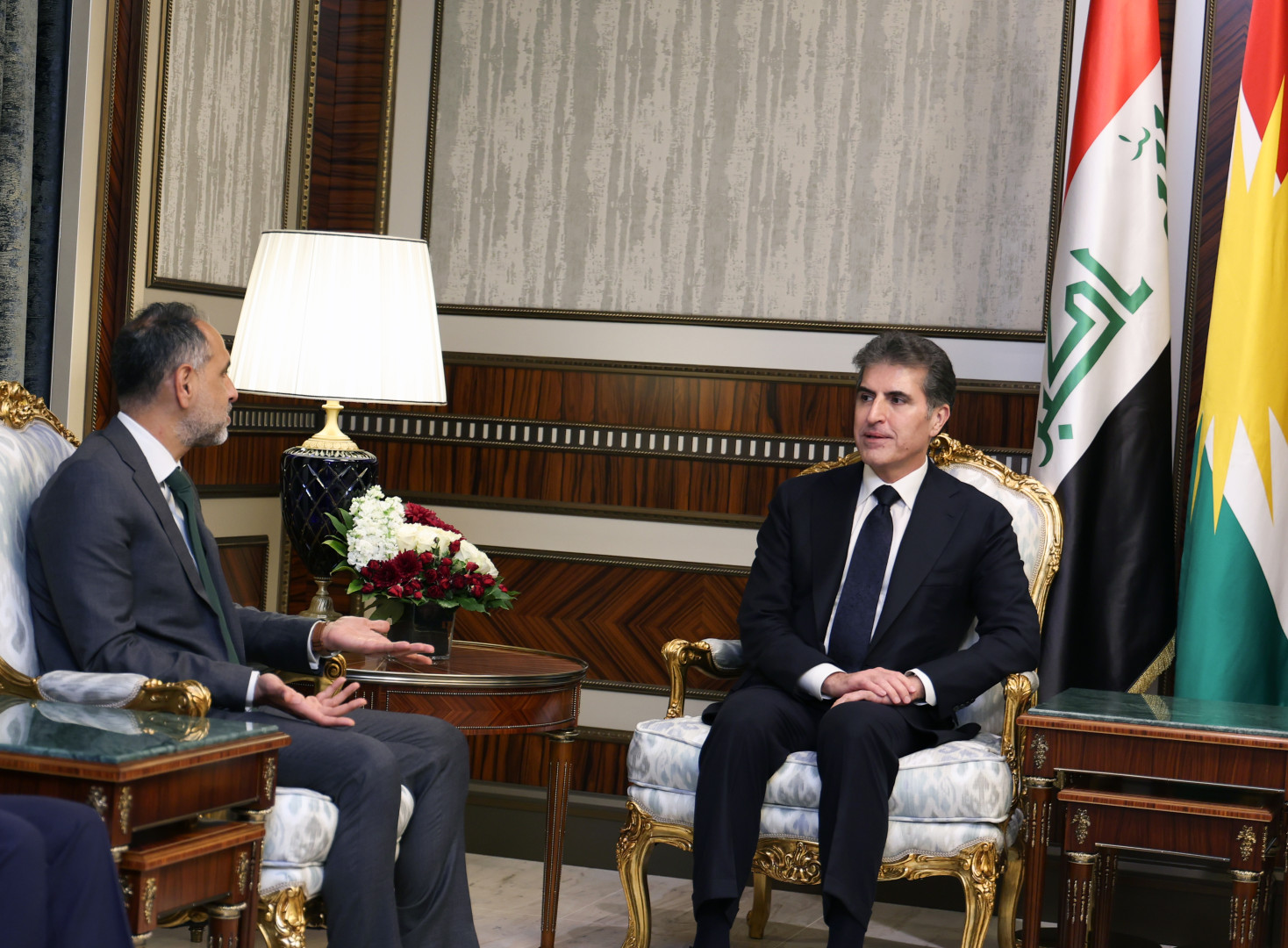



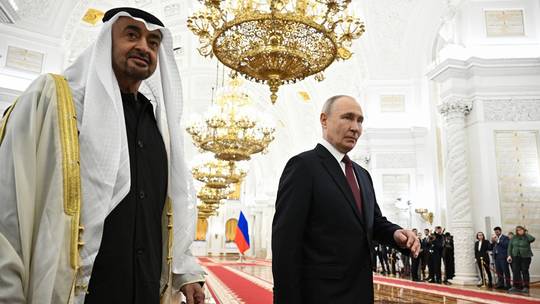
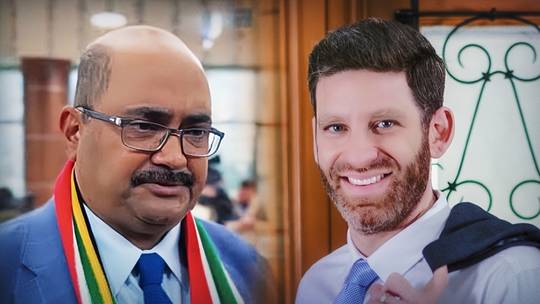









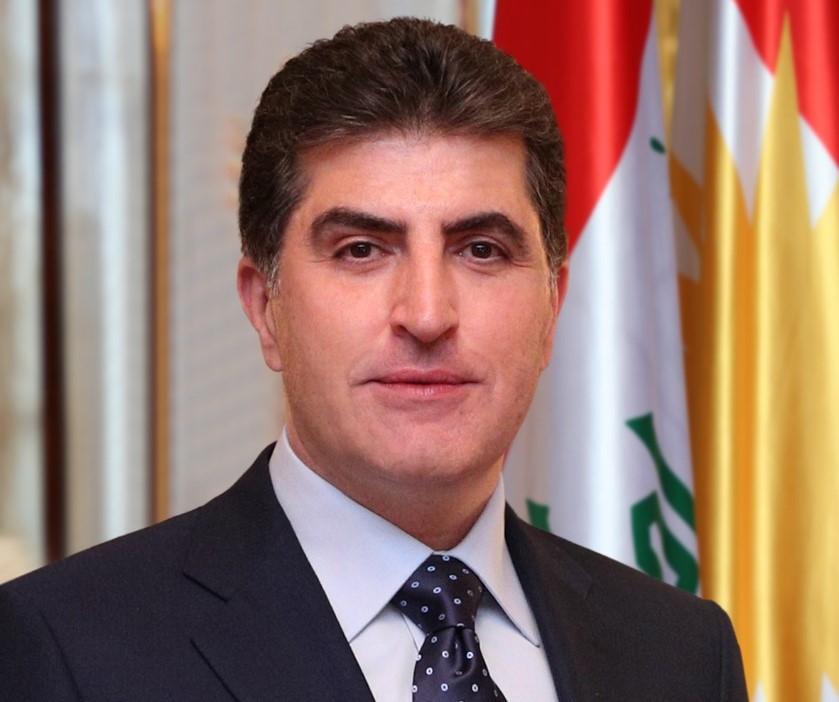



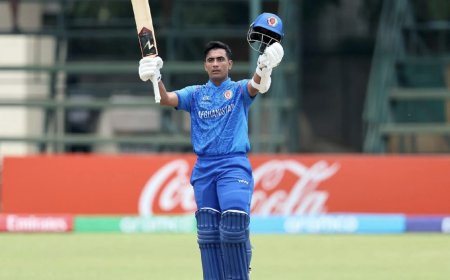
/file/attachments/orphans/IMG_9103_429753.jpeg)






